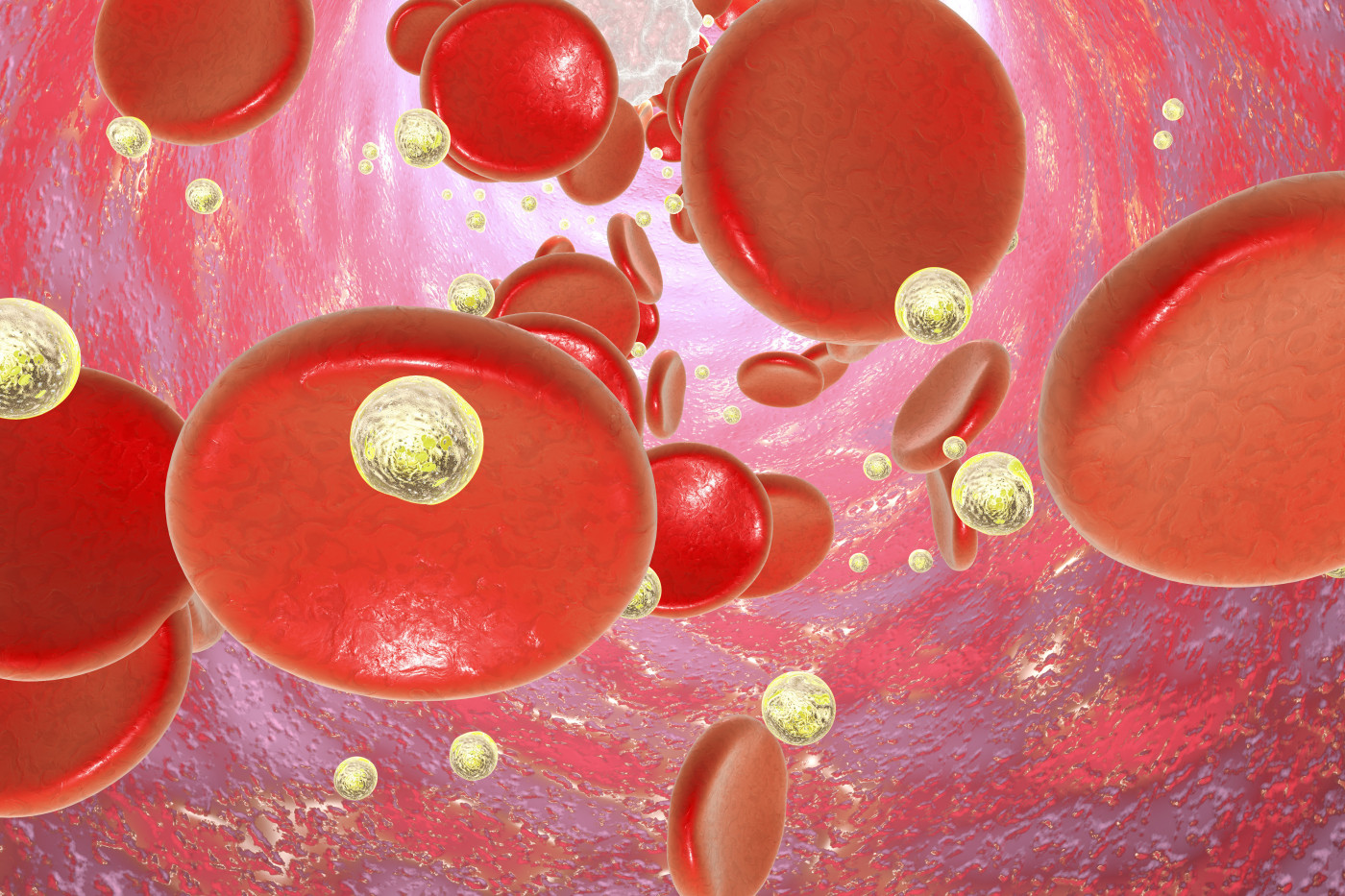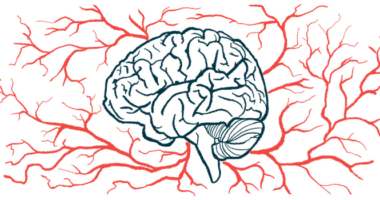Howard University College of Medicine Awarded $42K Grant for SCD ‘LIFE’ Project

The Howard University College of Medicine has been awarded a $42,000 grant to support its “LIFE (Learning Is Fundamental for Everyone) with Sickle Cell Disease” project for youth with the inherited blood disorder and their families.
The grant, from the Walter Brownley Trust, was awarded to the College of Medicine’s department of pediatrics and child health.
The LIFE project is designed to enhance educational and other support services for school-age children with sickle cell disease (SCD) who live in the Washington, D.C., area. Such services include transportation assistance, advocacy training, disease education, informational workshops, and allocation of other vital resources.
“Most sickle cell disease patients have low socioeconomic status, lack social support, and face many barriers for achieving optimal medical care and educational achievement,” Sohail Rana, MD, professor of pediatrics at Howard and project leader, said in a press release.
“The condition can also result in brain complications that place youth at high risk for limited educational achievement,” Rana said. “This grant will help us ensure that children and youth with sickle cell disease are fully connected to available resources in the school system and in the larger community.”
Between 70,000 and 100,000 U.S. residents have SCD, including about 1,500 young people in the D.C. region where Howard is located. The illness is an inherited disease caused by a mutation in the HBB gene that affects the production of normal hemoglobin, the red blood cell molecule that delivers oxygen to cells throughout the body. SCD patients have defective hemoglobin molecules called hemoglobin S, which can distort red blood cells into a sickle shape. The disease can lead to anemia, pain crises, stroke and other problems.
Based in Howard’s pediatrics department, the LIFE project will have its own coordinator, Patricia Houston, and family advocate, Cynthia Gipson.
For decades, Howard University Hospital, its Center for Sickle Cell Disease, and its College of Medicine have served as a hub for SCD study and care. Since its 1972 founding, the center has participated in every clinical study that has led to federally approved SCD treatments, and continues to contribute to the field of non-malignant hematology.
A Republic of Congo delegation last year met with Howard officials for further collaboration on a project aimed at ultimately advancing research into SCD, an especially pervasive disease in Africa.






